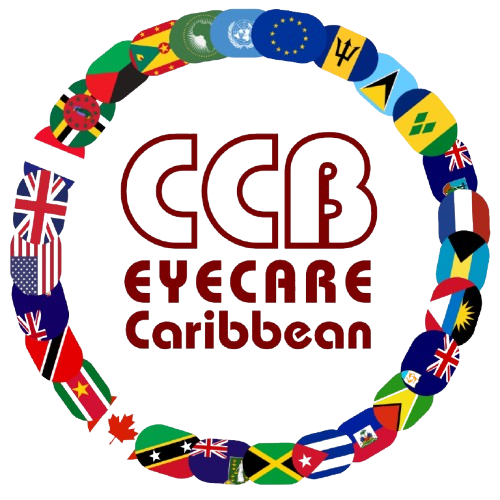Fiennes Institute benefits from Optometry Clinic
St. John’s, Antigua: Sixty- nine residents and members of staff at the Fiennes Institute benefitted from an Optometry Clinic hosted by the Caribbean Council for the Blind/Eye Care Caribbean, in partnership with the Government of Antigua and Barbuda. The two-day Clinic held on August 22nd and 23rd was led by Dr. Genalin Ang, a Senior Lecturer in Optometry at the University of Guyana and three of her second-year Optometry Students.
